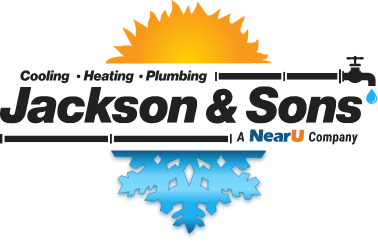
Few commercial buildings pose the challenges presented by supermarket HVAC needs. Under a single roof, diverse indoor conditions must accommodate a variety of food categories, support store operations, and also keep customers comfortable.
Supermarkets are considered energy-intensive structures. To fulfill supermarket HVAC needs, electricity consumption per square foot typically exceeds other common commercial buildings. Here are some basic issues relating to supermarket comfort control, energy efficiency, and indoor air quality.
Humidity
The indoor relative humidity target for supermarkets is 40% to 45%. Too much water vapor in the air forms ice on evaporator coils of critical food refrigeration units and also triggers mold growth. Conversely, if humidity drops too low, fresh produce may wilt prematurely. In supermarkets, humidity is usually controlled by utilizing desiccant dehumidifier units designed for structures with large square footage.
Temperature
Shoppers frequently complain that supermarkets feel cold. Frigid air spilling from open food cases containing dairy, meat, and frozen foods can require activating building heat to prevent chilled customers — even on warm summer days. Retrofitting refrigerated cases with insulated glass doors keeps food-storage temperatures more stable, while also reducing needless heating costs to counteract cold-air spillage.
HVAC Units
Most supermarket systems utilize multiple commercial “package” HVAC units that combine both heating and cooling components in roof-mounted installations. Accurately sizing the BTU tonnage of these systems to the unique characteristics of the supermarket environment requires comprehensive heating and cooling load surveys and precise calculations. Linking all package units to a central energy-management system also enables automatic control of multiple rooftop units, lowers operating costs, and provides real-time energy tracking.
Ventilation
Many supermarkets incorporate a deli or food-preparation area. Filtered fresh air ventilation dilutes associated fumes and odors. Commercial heat recovery ventilators (HRVs) exhaust stale indoor air while inducting an equal volume of filtered outdoor air. This effectively preserves the important indoor air balance. An HRV also extracts heat from the exhaust stream and adds it to the incoming fresh air stream, stabilizing indoor temperatures even when ventilating in cold weather.
For more information about strategies that support supermarket HVAC needs, contact the professionals at Jackson & Sons.

